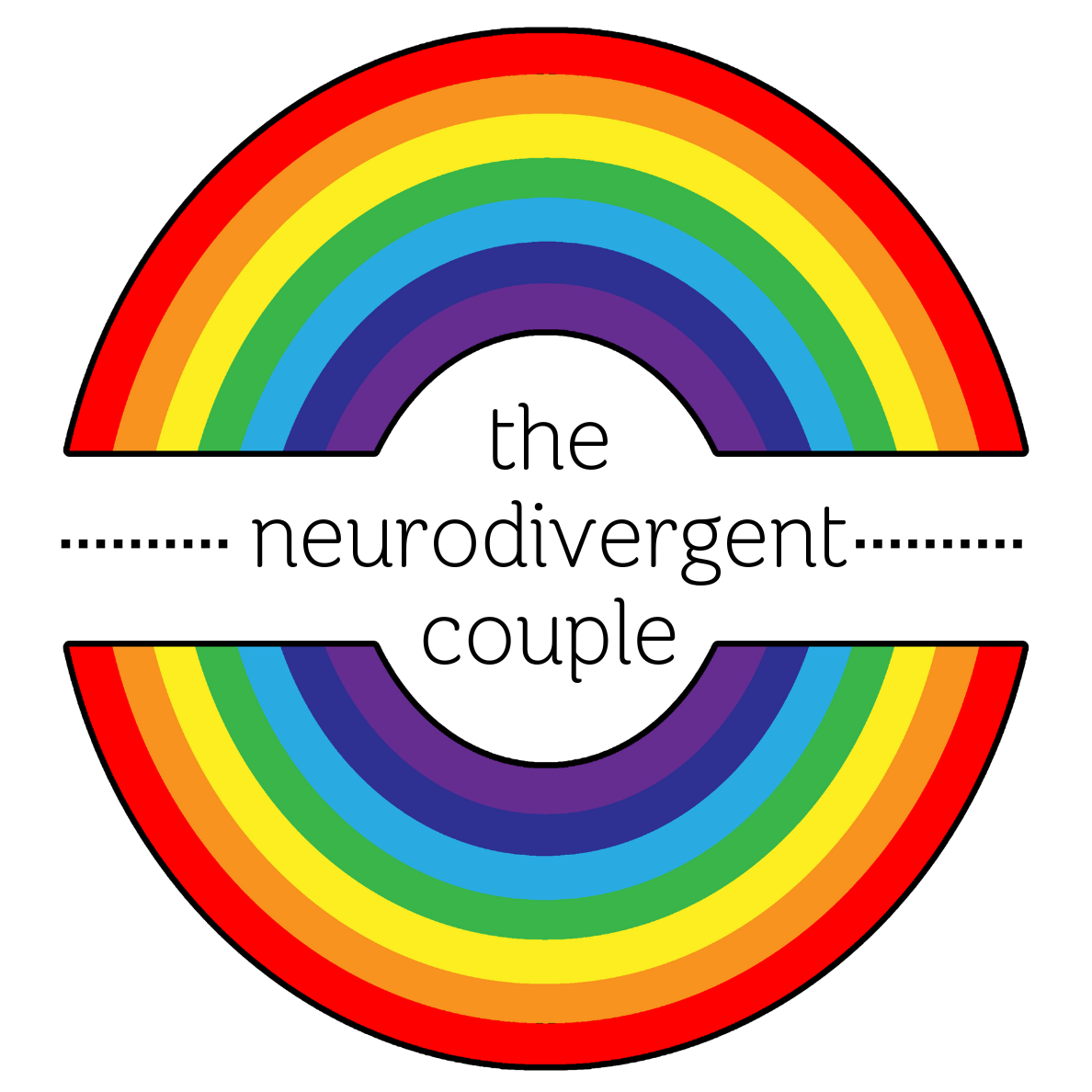Neither my husband nor I were diagnosed with ADHD until we were already adults with overdue bills and burnt-out nervous systems. By the time I figured out what executive dysfunction actually was, I had already spent years calling myself lazy. Not out loud—just quietly. Relentlessly.
I grew up in a time and place where ADHD was something boys had if they didn’t come from “nice families.” I don’t know if that meant financially stable homes or just the kind of households people didn’t want to ask too many questions about. Either way, girls like me were expected to behave, to comply, and to succeed without needing support.
So I did what a lot of undiagnosed, anxious, inattentive kids do: I masked. I learned to look fine while drowning. I developed five coping strategies for every one thing that came easily to other people. I was “bright,” so no one looked closer. Meanwhile, my brain was a blender with the lid half-on, and I was spending every bit of energy trying not to let anything spill.
Now I’m a relationship coach. I work with people—especially neurodivergent women and couples—who have spent too long feeling like their challenges are personal failures. People with rejection sensitive dysphoria in marriage, with sensory needs that no one else seems to notice, with relationships that function fine on paper but are exhausting to maintain.
My coaching draws from a mix of behavior modification, mindfulness-based CBT, skill acquisition strategies, and most importantly—my lived experience. I’m also a graduate student in Clinical Psychology, which helps me translate theory into something human. Something useful. Something that doesn’t sound like a worksheet someone handed you and walked away from.
My husband and I both have ADHD, and between the two of us, we’ve got at least a dozen unfinished projects, three systems for remembering to pay the water bill, and one shared Google calendar that neither of us checks. There are tools in the dining room that have been “about to be moved” for three weeks. The succulents are hanging in there.
We’ve had to learn how to talk to each other like we’re not enemies. How to own our needs without turning them into demands. How to pause a conversation when one of us goes nonverbal or gets flooded. These are the kinds of ADHD partner communication strategies I teach—not because I read about them, but because I’ve had to live them, over and over again.
I don’t do “fixing.” I don’t do one-size-fits-all models. What I do is sit with people in the messy middle and help them build something they can actually live in. Something flexible enough to survive real life.
If you’re looking for someone who understands what it means to fall apart quietly, to keep pushing even when your brain is melting, or to love someone whose neurology never lines up cleanly with yours—you’re not alone. You’re not broken.
You’re probably just overdue for support that actually fits.

Amanda
Chris
I wasn’t diagnosed with ADHD or Autism until my forties. Social anxiety had been along for the ride since grade school, and while I’m not thrilled about my AuDHD sometimes, it did help some things make sense. Like why I could spend five hours making perfect dovetails in my garage but completely forget to send an email I thought about six times. In my head. While walking past the computer. Repeatedly.
The hard part wasn’t getting the news. It was what came after.
I used to think I was just bad at life. Couldn’t keep track of things. Started a dozen projects (wood, metal, whatever) and left half of them scattered around. Like I enjoyed trying to confuse future me. I’d sit at the table trying to make a to-do list. Pick up a pen and I’d already forgotten what needed doing. That’s not laziness. That’s executive dysfunction. I know that now. Didn’t always.
Getting treatment helped. But more than that, my wife helped. I don’t mean she turned into my life coach or kept a color-coded calendar for me (though she tries trotting that out once in a while). She helped by seeing me. Not the forgetful version, or the scattered version, or the guy who makes three trips to the garage before remembering why he went in the first place. Just . . . me.
Some days are still a mess. I lose track of time, or I spend way too long organizing screws by length instead of finishing the thing I needed them for. But I’ve learned not to beat myself up over it. Or at least, not as much.
Neurodivergence isn’t a problem needing to be fixed. But it’s part of my wiring. And it’s usually not easy-peasy. But I’ve started finding my stride. There’s a sort of peace with it. Took me forty years and a few snapped drill bits, but here we are.

